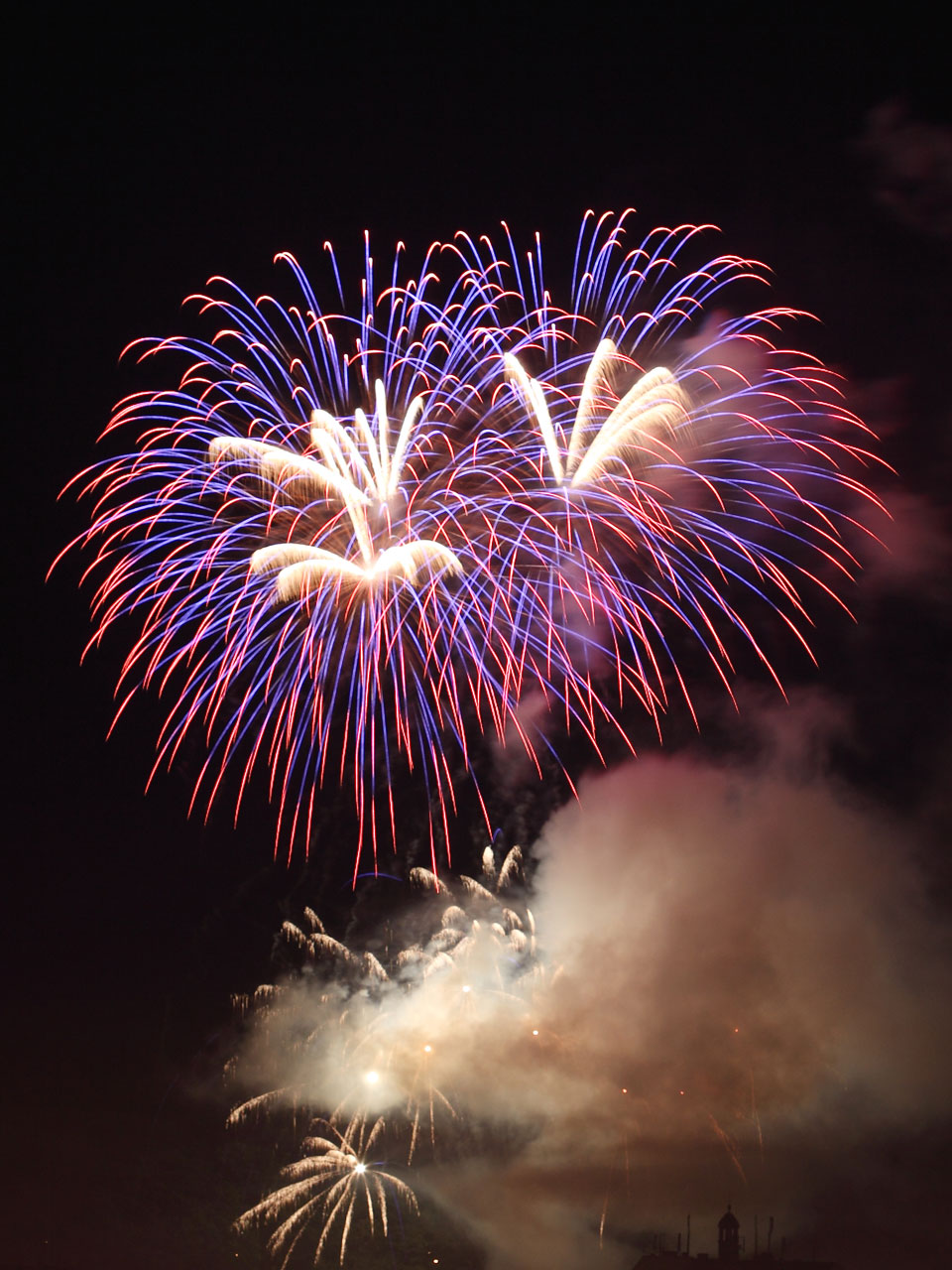The Bahá’í Faith, which emerges from a narrative steeped in profound spiritual lineage and transformation, juxtaposes the human experience with divine revelation. One of the pivotal components of this faith is the celebration of events encapsulating the life of Bahá’u’lláh, its founder. These occasions do not merely serve as commemorative rituals; they are vibrant festivities that invite participants to embark on a reflective journey through Bahá’u’lláh’s life and teachings, ultimately promising a remarkable shift in perspective.
In order to understand the significance of these celebrations, it is essential to delve into the remarkable life of Bahá’u’lláh, who was born on November 12, 1817, in Tehran, Persia. As the herald of a new age, Bahá’u’lláh’s teachings accentuated the unity of all peoples and the oneness of God. His life was filled with adversity, persecution, and imprisonment, yet despite these trials, he consistently conveyed messages of hope, compassion, and oneness. To engage with the celebrations surrounding his life is to engage with these core principles, providing a multifaceted exploration of his enduring legacy.
Each observance related to Bahá’u’lláh’s life offers a unique opportunity for personal introspection and communal reflection. The most significant of these celebrations includes Naw-Rúz (the Bahá’í New Year), the Declaration of the Báb, and the anniversaries of Bahá’u’lláh’s birth. Each event is steeped in spiritual meaning, drawing not only on historical significance but also encouraging participants to reconsider their personal beliefs and values.
Naw-Rúz, which translates to “New Day,” marks the onset of the Bahá’í calendar year in conjunction with the vernal equinox. This celebration not only heralds the start of a new season but also symbolizes a fresh beginning in the spiritual and personal context. The essence of Naw-Rúz lies in its capacity to engender a sense of renewal, fostering an atmosphere conducive to self-reflection and personal growth. Participants often partake in communal feasts, symbolic of unity and togetherness, while embracing the philosophy of generosity embodied in Bahá’u’lláh’s teachings. The festivities instigate discussions and contemplations around personal transformations, making attendees acutely aware of the spiritual rebirth that the new year represents.
The commemorative event known as the Declaration of the Báb occurs on May 23, signifying a watershed moment when Bahá’u’lláh publicly declared his prophetic mission in 1863. This pivotal announcement set forth the advent of a new religious cycle and highlighted the importance of recognizing and responding to divine guidance. Celebrating this event transcends mere historical acknowledgment; it requires participants to engage with the concept of prophetic fulfillment and personal responsibility. The observance is often punctuated by eloquent readings of Bahá’u’lláh’s writings, inspiring attendees to contemplate their own roles within the divine narrative. This empowerment fosters the understanding that each individual is called to contribute to the unfolding of a unified and harmonious world.
Furthermore, the celebration of Bahá’u’lláh’s birth on November 12 offers an evocative reminder of his profound impact on the world. The festivities typically involve gatherings infused with music, prayers, and uplifting dialogue centered around the themes of love and unity. Participants are not only celebrating his miraculous life but are also invited to emulate the virtues he personified. The joyous atmosphere encapsulates the ideals of selflessness and service to humanity, propelling attendees to integrate these attributes into their daily lives. Reflecting on Bahá’u’lláh’s birth is thus not merely commemorative; it is an invitation to embody his teachings, fostering a spirit of altruism that is intrinsic to the Bahá’í ethos.
These celebrations extend beyond the boundaries of mere ritualistic practice; they are transformative experiences that enrich individuals’ spiritual lives. Each celebration fosters a paradigm shift, encouraging attendees to navigate their own spiritual journeys more mindfully. The process often entails engaging in community service, learning about the principles of the Bahá’í Faith, and fostering interfaith dialogue. Through participating in these communal gatherings, individuals find a semblance of belonging and collective purpose, thereby amplifying their awareness of a global community united in diversity.
The essence of Bahá’í celebrations resides in piquing curiosity about how the teachings of Bahá’u’lláh can illuminate contemporary existential inquiries and societal challenges. In a world rife with discord and fragmentation, the teachings emphasize the paramount importance of unity. Each celebration acts as a conduit, nurturing the desire for peace and cooperation across ideological divides. Attendees leave with a broader perspective that urges them to implement principles of equity, justice, and compassion in their daily interactions.
In conclusion, the celebrations honoring Bahá’u’lláh’s life offer a profound journey through not only his historical context but also the universal truths embedded in his teachings. They serve as clarion calls, beckoning individuals to engage in introspection and community connection, fostering a universal spirit of unity and love. As these gatherings unfold, participants are invited to embark on a transformative journey that promises to reshape their understanding of their own existence, elevating both their personal and communal experiences toward the collective goal of world peace and harmony.
